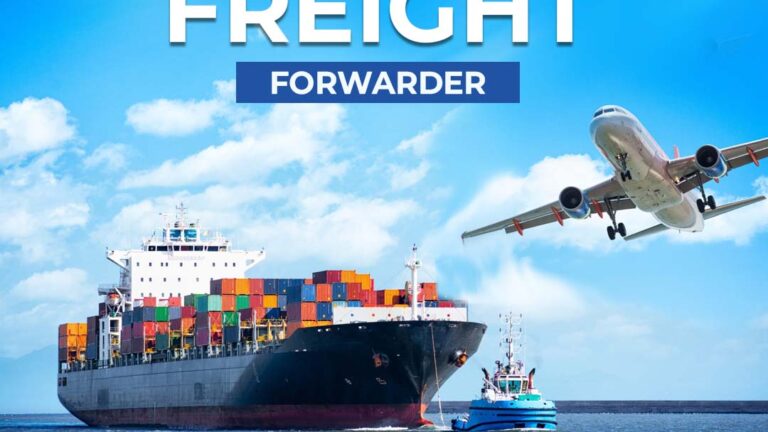Choosing the right freight forwarder service is critical for the success of your international shipping and logistics operations. Freight forwarders act as intermediaries between shippers and various transportation services, ensuring that goods are transported efficiently and cost-effectively. With numerous freight forwarder companies available, it can be challenging to identify the best fit for your business. Here are key factors to consider when selecting a freight forwarder.
1. Expertise and Experience
One of the most crucial factors to consider is the expertise and experience of the freight forwarder company. Look for a provider with a proven track record in handling the specific types of goods you ship. Experienced forwarders have a deep understanding of international shipping regulations, customs procedures, and the logistics involved in moving goods across borders. This knowledge helps ensure that your shipments are compliant, reducing the risk of delays and penalties.
2. Comprehensive Network
A robust network of carriers, customs brokers, and local agents is essential for efficient logistics management. A well-connected freight forwarder can provide better shipping options, optimize routes, and ensure smooth handling at various points along the supply chain. The extent of their network can significantly impact the efficiency and reliability of your shipments.
3. Range of Services
Evaluate the range of services offered by the freight forwarding service. Ideally, the forwarder should offer a comprehensive suite of services, including:
- Documentation and Customs Clearance: Handling all necessary paperwork and ensuring compliance with customs regulations.
- Warehousing and Distribution: Providing storage facilities and coordinating the distribution of goods.
- Insurance: Offering options to protect shipments against loss, damage, or theft.
- Tracking and Visibility: Providing real-time tracking of shipments for transparency and peace of mind.
A full-service forwarder can manage all aspects of your logistics, reducing the need for multiple providers and simplifying the process.
4. Technology and Innovation
Modern freight forwarding relies heavily on technology for efficient operations. Choose a forwarder that uses advanced logistics technology, such as real-time tracking systems, automated documentation, and data analytics. These tools enhance visibility, improve decision-making, and streamline the shipping process.
5. Customer Service
Customer service is a critical factor in the freight forwarding industry. The forwarder should be responsive, communicative, and proactive in addressing any issues that arise. Assess their customer service capabilities by checking reviews, asking for references, and evaluating their communication channels. A forwarder that provides excellent customer service can significantly improve your overall experience and ensure smoother operations.
6. Cost and Transparency
While cost is an important consideration, it should not be the sole determining factor. Evaluate the pricing structure of the freight forwarder and ensure that it is transparent. Hidden fees and unclear cost breakdowns can lead to unexpected expenses. A reputable forwarder will provide clear and detailed quotes, allowing you to understand the full cost of their services.
7. Security and Risk Management
Shipping goods internationally involves inherent risks. A reliable freight forwarder service will have robust security measures and risk management strategies in place to protect your shipments. This includes offering insurance options, implementing security protocols, and having contingency plans for potential disruptions.
8. Compliance with Regulations
International shipping is governed by numerous regulations and standards. Ensure that the freight forwarder complies with all relevant regulations and has the necessary certifications and accreditations. This compliance is essential for avoiding legal issues and ensuring that your shipments meet all required standards.
9. Industry Specialization
If you operate in a specific industry with unique shipping requirements, look for a freight forwarder that specializes in your industry. Specialized forwarders have the expertise and knowledge to handle the specific challenges and requirements of your sector, whether it’s perishable goods, hazardous materials, or oversized cargo.
10. Reputation and References
Finally, consider the reputation of the freight forwarder company. Research their history, read customer reviews, and ask for references. A forwarder with a strong reputation and positive feedback from clients is more likely to provide reliable and high-quality services.
Conclusion
Selecting the right freight forwarding service is crucial for optimizing your supply chain and ensuring the smooth movement of goods. By considering factors such as expertise, network, range of services, technology, customer service, cost transparency, security, compliance, industry specialization, and reputation, you can make an informed decision that aligns with your business needs. Partnering with a reliable and experienced freight forwarder can enhance your logistics operations and contribute to the success of your international trade endeavors.

